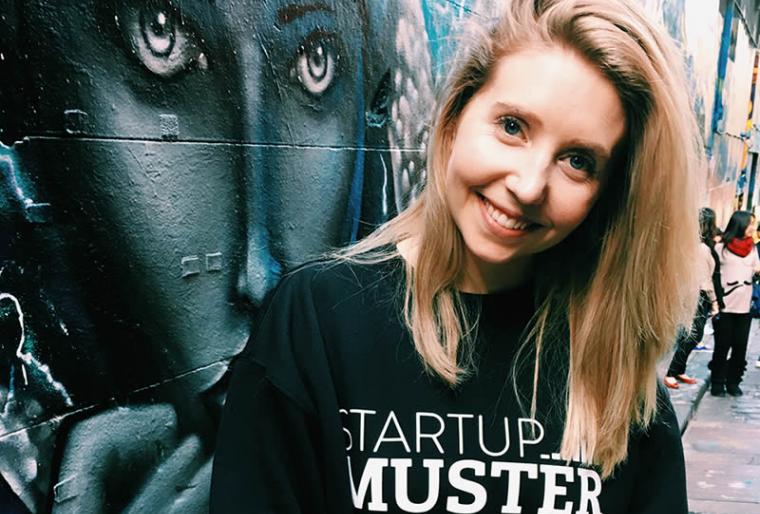Gender diversity remains a significant issue for the local startup sector, government grants are under-utilised, and founders aren’t quite the stereotypical cliché you think they are. All this according to the latest Startup Muster, the nation’s biggest survey of the Australian ecosystem.
Startup Muster 2016 has released its latest report, surveying thousands of founders, potential founders and businesses like accelerators, incubators and educators.
The survey received 2,711 responses, but after an “arduous” verification process less than half remained.

Startup Muster is a not-for-profit and completes the survey each year through support from Google and the Department of Industry, Innovation and Science.
Freshly-minted Industry Minister Arthur Sinodinos, the third to hold the position in the Turnbull Government, wrote the foreword for the report.
“The government is committed to helping our startups and small businesses continue to grow,” Mr Sinodinos said.
“As our economy transitions we need more jobs, opportunities to trade and investment. The startup community is an essential tool to help us achieve that. While other sectors go through significant change, it’s our small businesses and startups that are hiring,” he said.
“That’s why it’s so important we continue to focus on innovation and understand how we can do better at turning our ideas into reality.”
The survey found that Australian startup founders are far from the Silicon Valley stereotype, Startup Muster CEO Monica Wulff said.
“There isn’t some Hollywood fabrication of what a startup founder is,” Ms Wulff told InnovationAus.com.
“The average age is in their 30s and 55 per cent have never founded a startup before. They’re dissatisfied with their previous job, and essentially want to do something where they want to have ownership of the value they’re creating.”
“They’re adults with adult problems. We’re not all 17-year-olds in hoodies drinking red bull, we’re adults with factors leading us to starting a startup that are very adult-like.”
The survey found that the majority of Australian startups are now focused on fintech, closely followed by retail, Internet of Things and content.
Sydney still dominates the industry in terms of density, with 41 per cent of surveyed startups based in New South Wales, followed by 19.3 per cent in Queensland and 16.4 per cent in Victoria.
In terms of government assistance, recent changes to the Employee Share Scheme appear to have spurred the industry to act, with 80 per cent of startups now having one or more employees with equity or share options, up from 60 per cent in 2015.
A third of founders surveyed have applied for a government grant, and only 22 per cent were successful. Criticisms of the application process mainly centre on its complex and time-consuming nature, as well as on those making the decisions.
Only 7 per cent of the startups surveyed are making use of the available government data sources.
“I thought there might be more use of that,” Ms Wulff said.
“We could surmise that the information required by a startup might not be available on government data websites.”
In terms of the gender divide in tech, things are very slowly improving.
The report found that 76 per cent of Australian founders are male, down from 82 per cent last year.
But there is still a long way to go. Nearly half of all respondents had no female employees at all.
“I’m a female founder so seeing it on the up makes me happy but it’s also about the fact that there’s been a lot more awareness generated about women in startups,” Ms Wulff said.
Ms Wulff said she hoped the government would use the report to mold and rethink some of its policies.
“It is an incredibly useful resource for private industry and government when trying to understand what’s happening in the community and where they can play a role,” she said.
“It showcases the opportunities, challenges and how things are progressing.”
Do you know more? Contact James Riley via Email.

